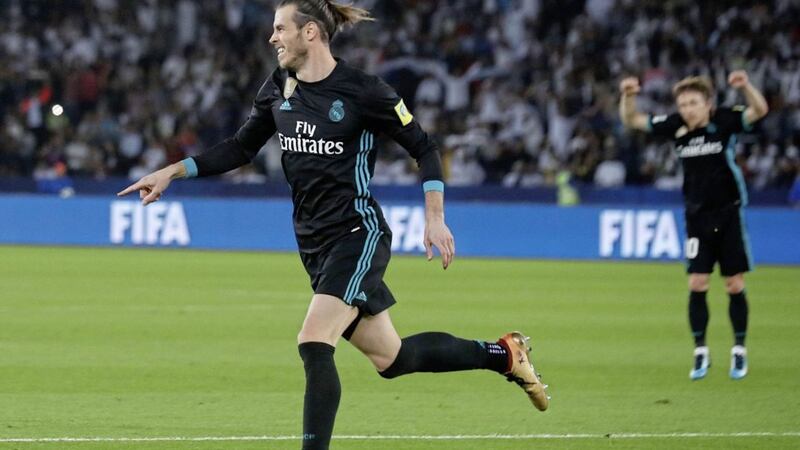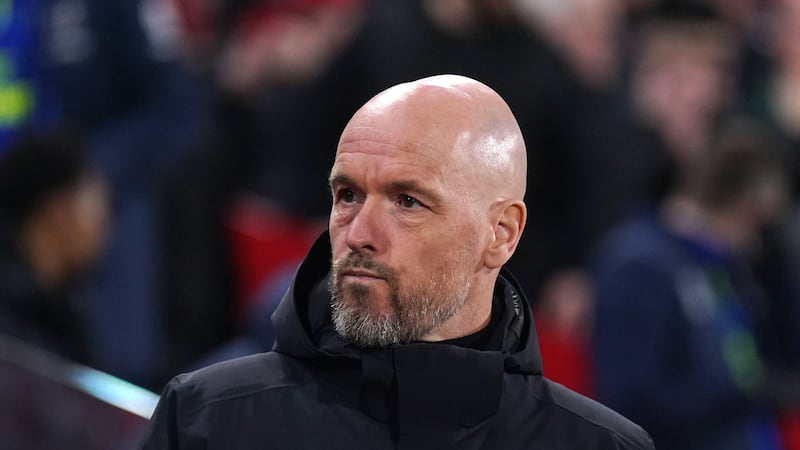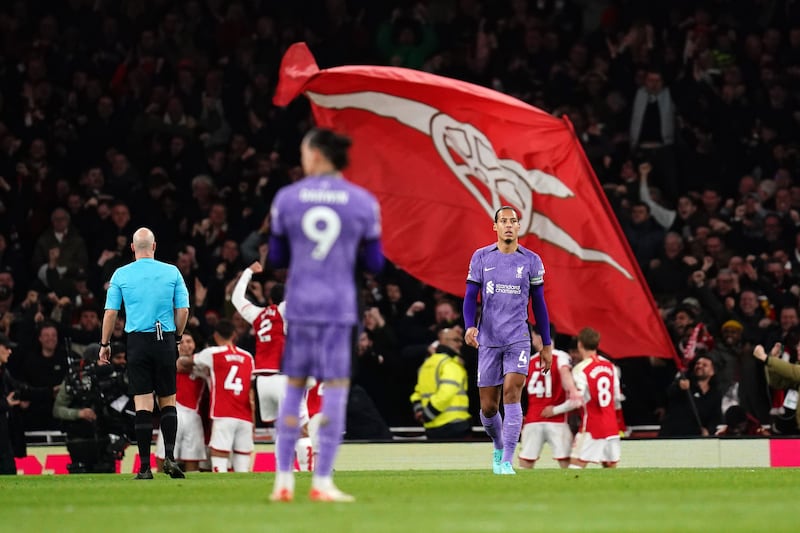REAL Madrid, Barcelona, Bayern Munich, Corinthians, Inter Milan in this decade. Barca, Manchester United, AC Milan, Internacional, Sao Paulo, and Corinthians in the previous one.
With winners of that stature, the Club World Cup shouldn’t really have a credibility issue - but it does.
A prize for naming the team beaten by Real Madrid in last year’s final. Take your time…
Gremio, Madrid’s victims in the decider two years ago, are better known, although they’re still not one of the giants of Brazilian football.
Three years ago it was another surprise package to be devoured by ‘Los Merengues’, namely Kashima Antlers of Japan.
Perhaps that shouldn’t have been such a surprise – since this competition was born at the start of the century, Japan has had almost as many teams involved as Brazil and Spain, eight to their nine. Indeed Japan has often hosted the CWC, as it did in 2016.
Top of the participation pile, though, has been Mexico (15), followed by New Zealand (12), which goes back to the (lack of) credibility issue. Both those countries dominate their respective confederations, although this year’s Oceania winners were from New Caledonia.
There’ve been as many representatives from Egypt and South Korea as England (five each), and almost as many from Australia, Morocco, Tunisia, and the UAE.
Partly that’s due to the difficulty English clubs have in winning the Champions League, of course. Congo Republic and Saudi Arabia have had more teams in the CWC than Italy – whose involvement is matched by China and the hosts this year and next, Qatar.
Money is obviously another factor in those venue choices, and is an obvious explanation for the expanded version planned for China from 2021 onwards. Fifa wants 24 teams involved, up from the current seven – but so far European clubs have said they won’t participate, even though it’s planned to allow Uefa eight places.
A sign of the low regard for the Club World Cup was evident on the BBC Sport website, whose fixtures list had yesterday’s CWC games below the following matches: an EFL Cup quarter-final involving Liverpool’s youth team; an FA Cup second round replay between Plymouth Argyle and Bristol Rovers; two games in the (English) National League South; two in the FA Trophy; and a Cymru Premier (Welsh League) game between Bala Town and Penybont.
Even this evening’s match between European champions Liverpool and their Concacaf counterparts Monterrey of, yep, Mexico was down behind Scottish Premiership and EFL Cup games.
In the more important of Tuesday’s two CWC games, the expectation at the time of writing was that famous Brazilian club Flamengo would progress to the final past Asian champions Al-Hilal of Saudi Arabia.
Liverpool will be hot favourites to reach the decider this evening, but they will be very wary of Flamengo.
Reds fans of a certain vintage definitely will be at least a little worried – Flamengo, inspired by the legendary Zico, humiliated Liverpool 3-0 in the 1981 Inter-Continental Cup. Bob Paisley’s side had a few excuses/ reasons, including the pitch in Tokyo and poor preparation, but they were outclassed beyond dispute.
South American clubs tended to take the Inter-Continental Cup much more seriously than their European counterparts and that will certainly be the case for Flamengo in their first foray onto such a stage since 1981.
That triumph helped them become the most popular team in Brazil, becoming national champs again in 1982 and 1983, but since then they’ve only added titles in 2009 and this year, romping clear after finishing as runners-up last season.
Yet they may well feel buoyant after their astonishing victory in the Copa Libertadores Final, dethroning holders River Plate of Argentina with two late, late strikes from ‘Gabigol’ aka Gabriel Barbosa, a Brazilian striker on loan from Inter Milan.
Their experienced Portuguese manager Jorge Jesus – formerly in charge of Benfica and Sporting (Lisbon) only joined this summer, but promptly signed to experienced Brazilian full backs, Rafinha from Bayern Munich and former Chelsea man Filipe Luis from Atletico Madrid.
Liverpool’s desire will be high too, though, not least because they’ve never won this competition nor the Inter-Continental Cup, despite their six continental triumphs. They did not participate in 1977 and then they and holders Boca Juniors ‘declined to play each other’ in 1978. Another Argentinian side, Independiente beat them in 1984, before Brazil’s Sao Paulo (and some very dubious officiating) overcame them in the second Club World Cup in 2005.
Brazil’s Internacional pipped Barcelona the next year, but there’s only been one non-European winner since then, Corinthians too strong for shock European champs Chelsea in 2012.
The competition needs South American winners (albeit hopefully not this year) as was the case more often than not with the old Inter-Continental Cup (22 winners from Conmebol compared to 21 representing Uefa).
However, it’s clear why Fifa wants to increase the number of European clubs involved. For all the global governing body’s endeavours to ‘grow’ the world game, which are laudable in some respects, Europe remains the power base.
Indeed, although the likes of the UAE, Saudi Arabia, Qatar, and China have been flexing their financial muscles, European clubs remain far, far stronger – their dominance aided by increasingly cherry-picking the best young talent from South America, especially Argentina and Brazil.
* And last year’s beaten finalists? Al-Ain of Abu Dhabi deserve some credit for beating River Plate on penalties after extra time, having edged past Oceania champs Team Wellington of New Zealand in the same circumstances, with a 3-0 win over African representatives Esperance de Tunis in-between – but all three of those games took place on their home ground. They were no match for Real Madrid when they had to travel the short distance to the Zayed Sports City Stadium (still in Abu Dhabi), losing 4-1.







